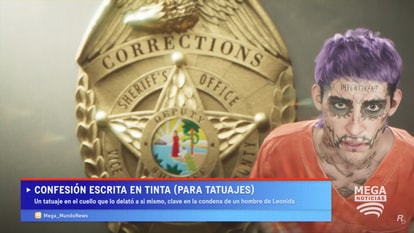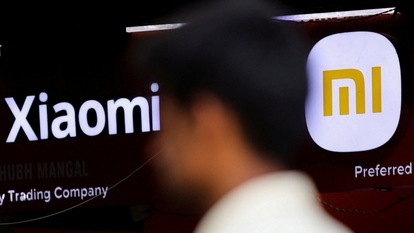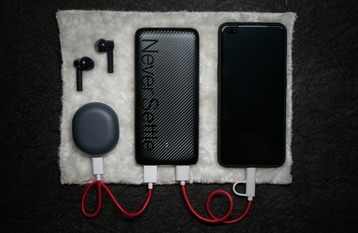People dig deeper to fact-check social media posts when paired with someone who doesn’t share their perspective: Study
Misinformation on social media is one of the greatest challenges of our time.
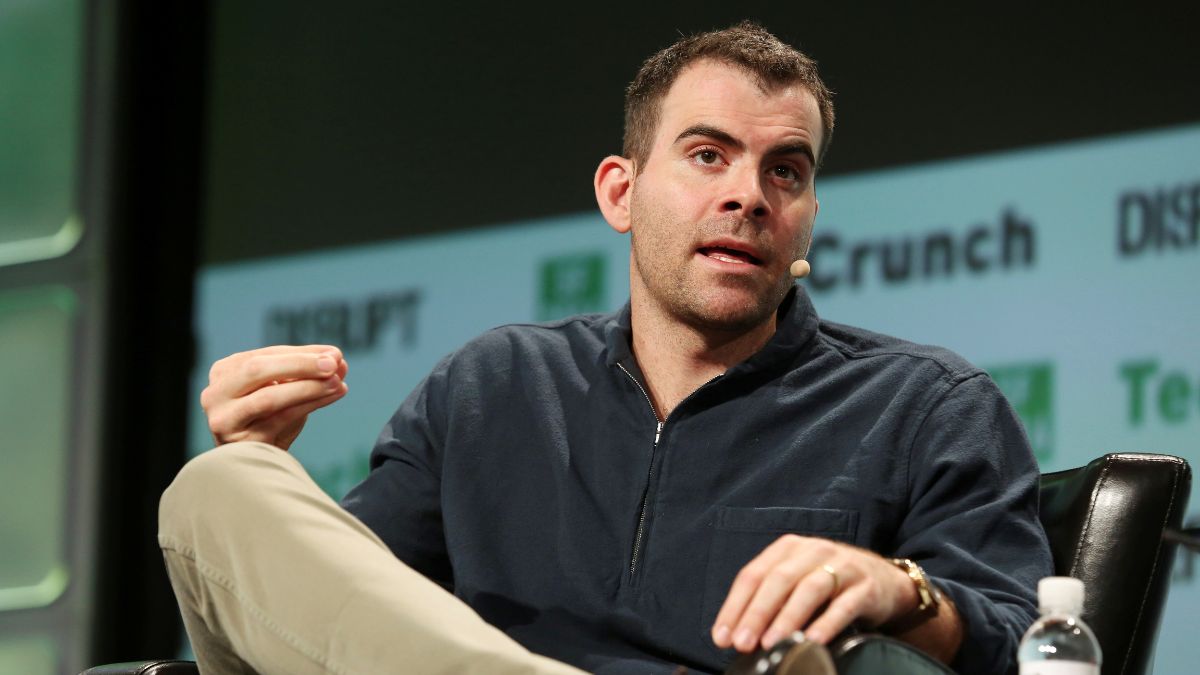
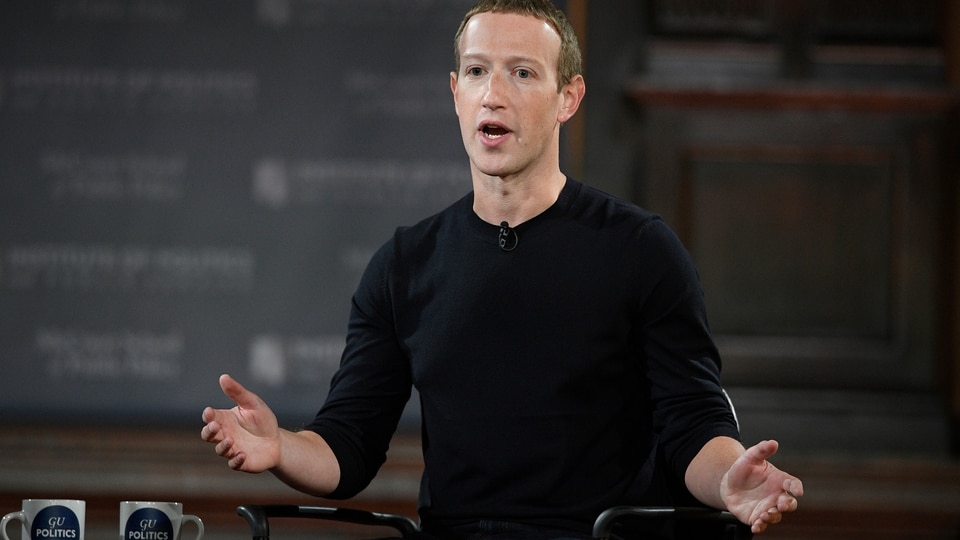
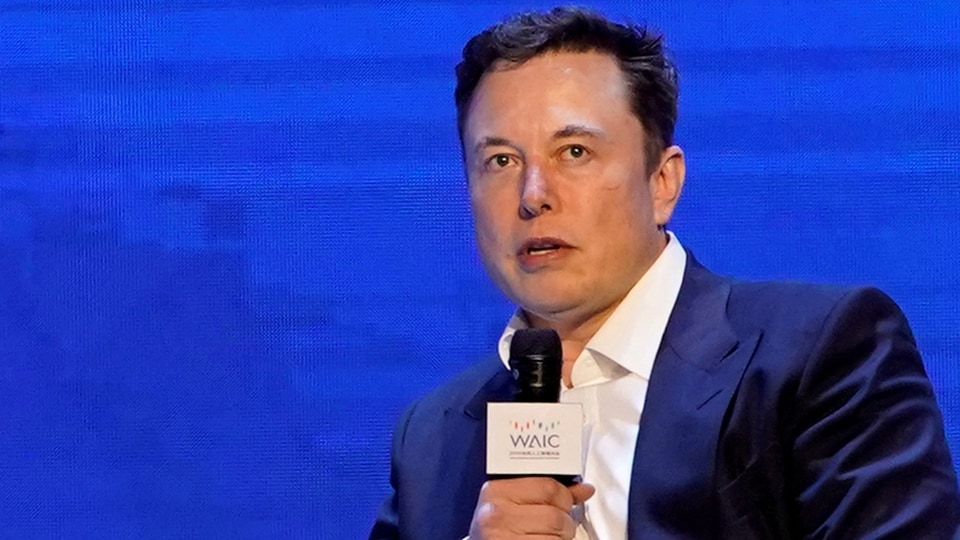
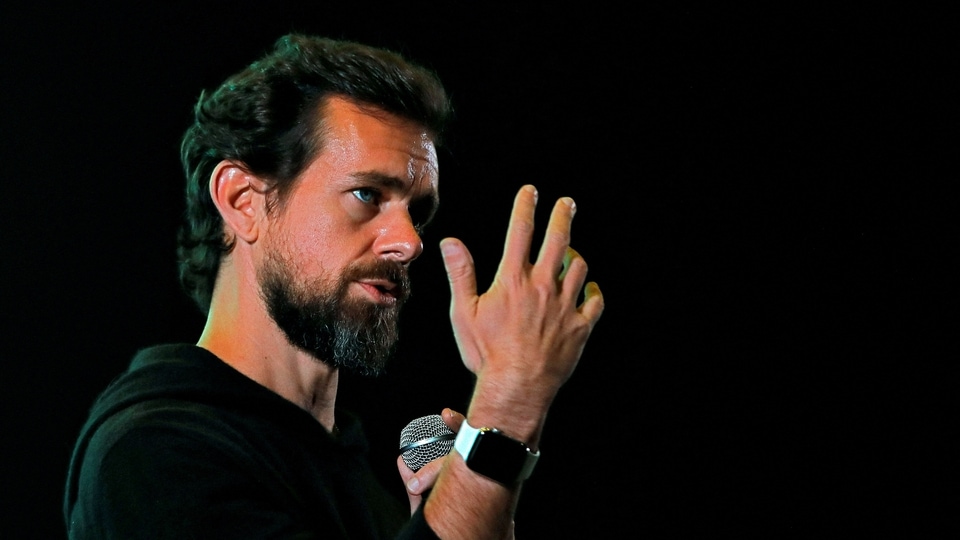
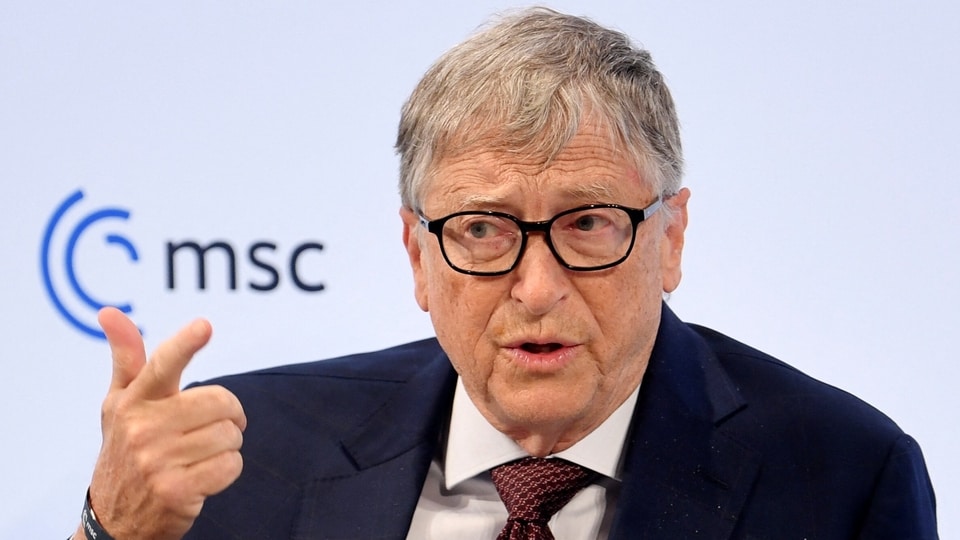


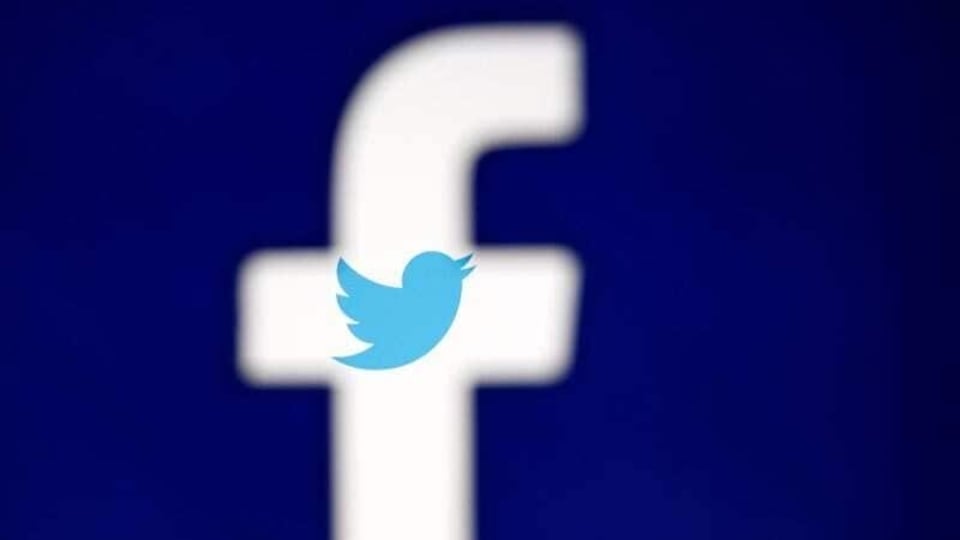
 View all Images
View all ImagesPeople fact-checked social media posts more carefully and were more willing to revise their initial beliefs when they were paired with someone from a different cultural background than their own, according to a study my collaborators Michael Baker and Françoise Détienne and I recently published in Frontiers in Psychology.
If you're French, you're less likely than an English person to believe a tweet that claims Britain produces more varieties of cheese than France. And if you're English, you're more likely than a French person to believe a tweet that claims only 43% of French people shower daily.
More intriguingly, when pairs of English and French people fact-checked such tweets together, how they did so and the extent to which they revised their initial beliefs depended on whether they were “matched” or “mismatched” for cultural identity.
We found French-French and English-English pairs focused on confirming evidence and stuck to their initial beliefs, whereas English-French pairs engaged in deeper searches and revised their beliefs in line with evidence.
We are now on WhatsApp. Click to join.
Why it matters
Misinformation on social media is one of the greatest challenges of our time. It contributes to political polarisation, affects people's voting, vaccination and recycling behavior, and is often believed long after it's been corrected.
In recent weeks, misinformation about the Israel-Hamas war has reached unprecedented levels and is fanning ethnic, religious and political tensions worldwide – including on US campuses.
To address the misinformation challenge, researchers need to understand better how people process online information. In addition to contributing to such understanding, our findings suggest that bringing together people from opposing sides to fact-check contentious social media posts might improve their media literacy and their ability to engage in civil discourse.
Bringing together people from opposing sides of a conflict to jointly fact-check social media posts isn't likely to be easy. In times like these, it's hard even to get them into the same room to speak directly to each other rather than hurling slogans – and worse – at each other.
Nevertheless, because publicly funded educational institutions are committed to promoting informed debate and preparing the nation's future citizens, my colleagues and I believe they remain some of the most promising places to try this approach.
What's next
In future studies, we plan to focus on topics that are more controversial than cheese or personal hygiene to see whether the moderating effect of mismatched pairs still applies.
For example, we could present Israeli and Palestinian pairs with social media posts about the explosion at the al-Ahli hospital on Oct. 27, 2023 - an event so contentious that The New York Times is still struggling to explain its initial attribution of the explosion to an Israeli bomb rather than an Islamic Jihad missile.
Observing how matched and mismatched pairs fact-check such posts would shed light on how a tweet's contentiousness affects people's ability to fact-check it effectively. In particular, when the stakes are higher with regard to people's identities, do mismatched pairs still outperform matched pairs, or does the content's contentiousness obstruct effective collaboration?
How we do our work
Much misinformation research has focused on who believes it and how it spreads. Few studies have examined the actual processes by which people assess what they read online.
Our approach to studying people's deliberations about online information is to create experimental situations in which such deliberations are natural and observable. In this study, we designed a novel research setup based on the fact that sharing and discussing social media posts with others is an everyday activity.
One more thing! HT Tech is now on WhatsApp Channels! Follow us by clicking the link so you never miss any updates from the world of technology. Click here to join now!
Catch all the Latest Tech News, Mobile News, Laptop News, Gaming news, Wearables News , How To News, also keep up with us on Whatsapp channel,Twitter, Facebook, Google News, and Instagram. For our latest videos, subscribe to our YouTube channel.





























